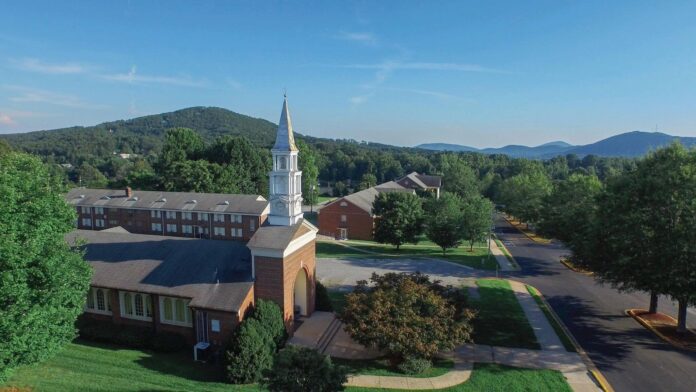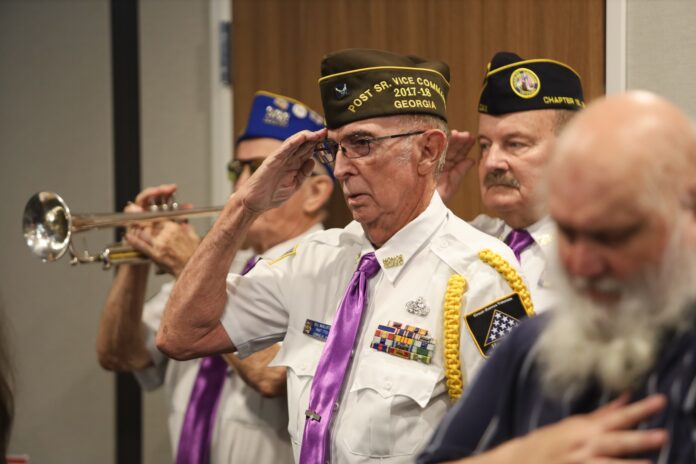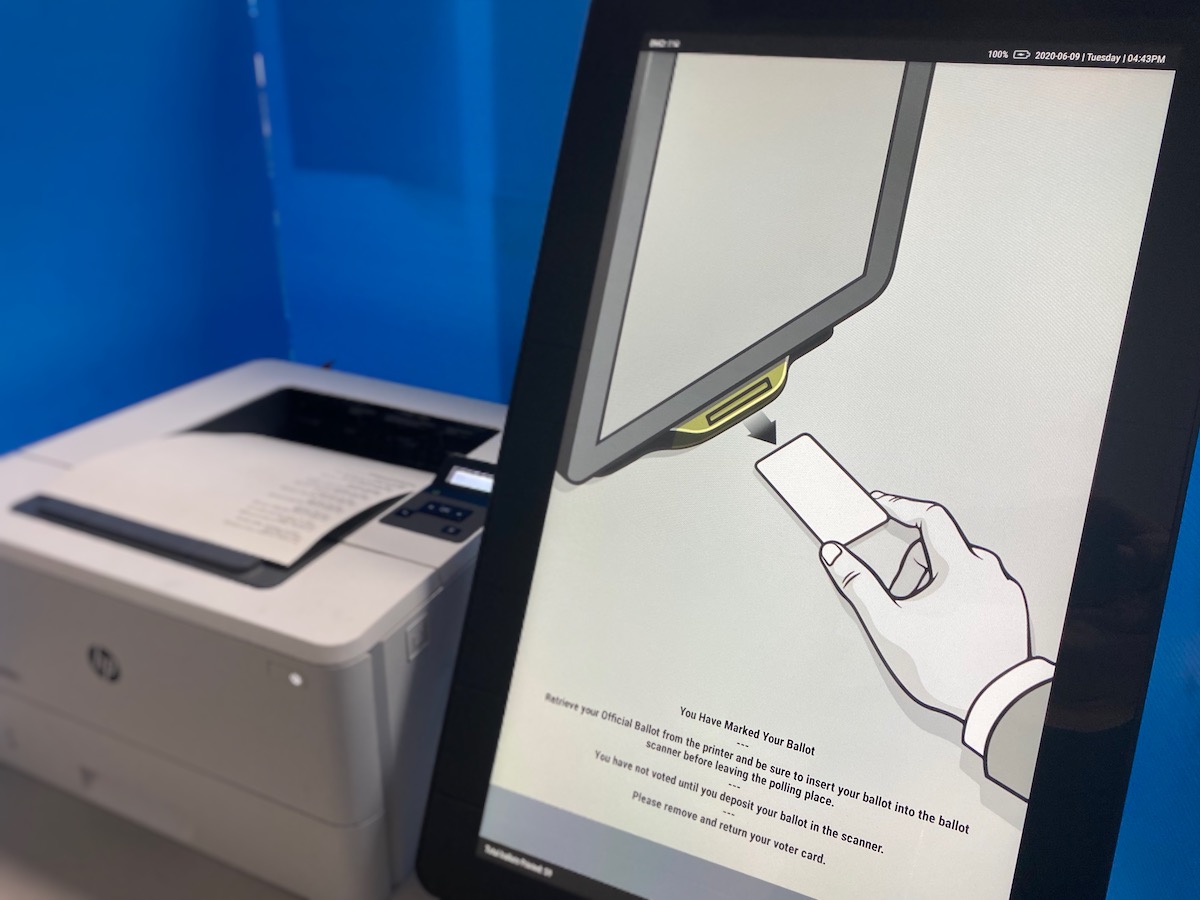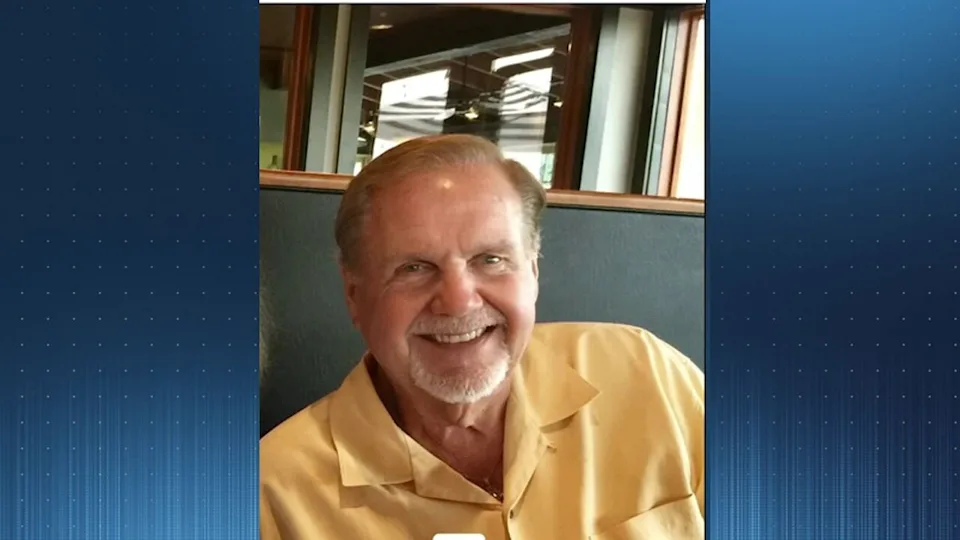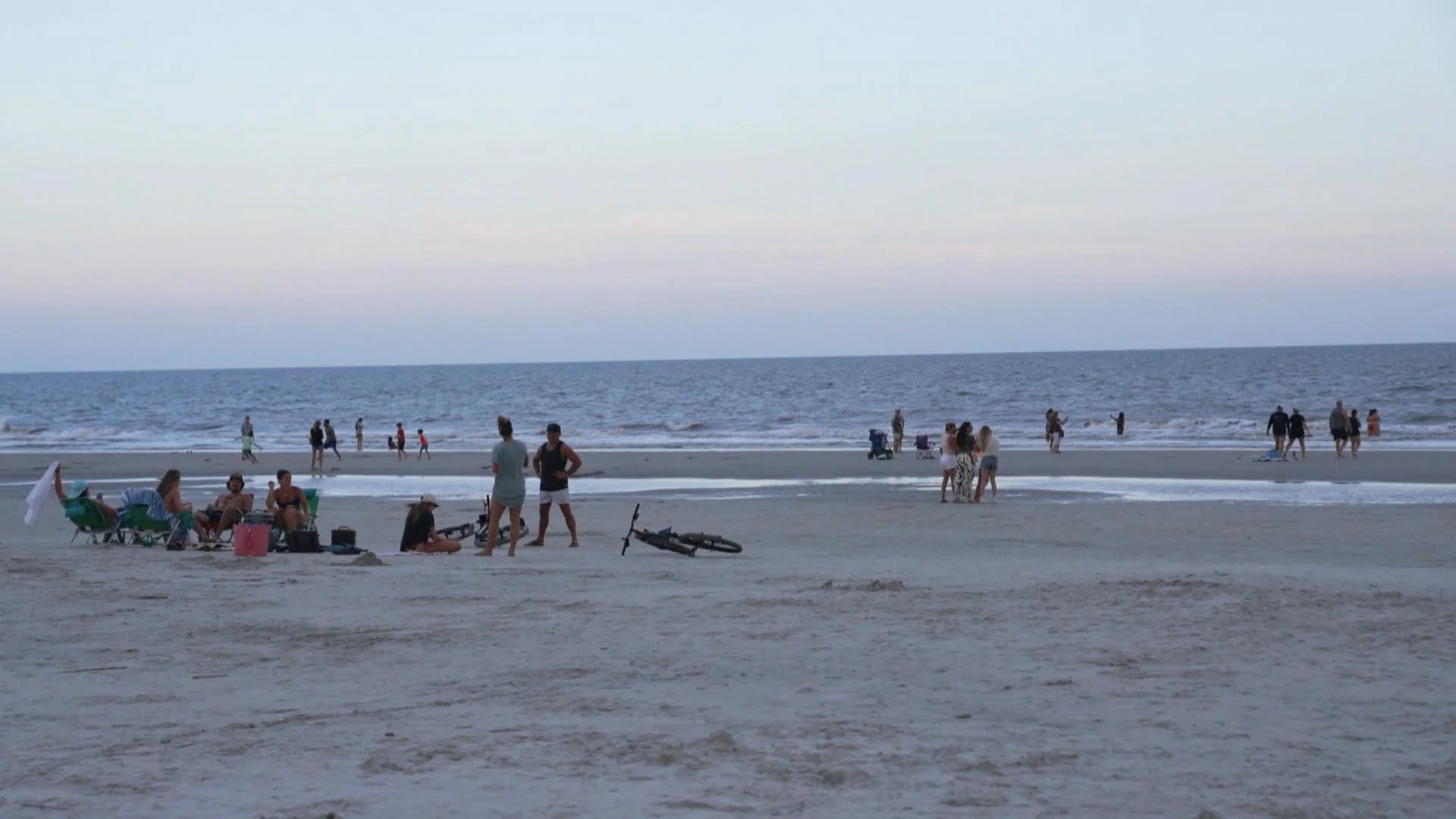WARNING: This article contains sensitive content about alleged sexual abuse, which may be distressing to some readers. Reader discretion is advised. If you need support, please contact the Rape Response 24-hour crisis line at 770-503-7273 or RAINN’s National Sexual Assault Hotline: 1-800-656-HOPE.
In the unfolding scandal over alleged sexual abuse by a former Truett McConnell University administrator, law enforcement authorities said Wednesday there was still a possibility that former TMU Vice President of Academic Services Bradley Reynolds could be prosecuted. That news comes years after Reynolds allegedly sexually abused a woman who was a university student, soccer player, and later, a staff member.
As concerned members of the TMU community prepared for a planned
demonstration on campus
Friday, June 6, Enotha Judicial Circuit District Attorney Jeff Langley told Now Habersham he expected to receive the sheriff’s case file on Wednesday. Langley said he would begin reviewing it immediately and decide, after his review, whether to pursue prosecution of Reynolds.
Alarming allegations
Hayle Swinson, who recently went public with the allegations against Reynolds claimed in a
lengthy Christian podcast interview
that she was groomed, sexually abused, raped, and spiritually manipulated by Reynolds over several years. She said she always attempted to fend off his advances. According to Swinson and other students’ accounts, she met with Reynolds in his home for private counseling and Bible study many times. She said he sent her hundreds of emails, some sexual in nature, from a private email account he later told law enforcement was not his.
Reynolds’ emails, revealed by Swinson and her attorney, also included Reynolds’ statement that his wife would one day die, allowing him to marry the young student. During the podcast, investigative reporter Julie Roys read from an email dated March 21, 2015, that Reynolds sent to Swinson stating, “‘I know,’ in caps, ‘my sweet wife will get to heaven before me, and I know I will need someone to help with my kids.’”
At the time, Reynolds was a vice president for academic services of the 2,600-student university in Cleveland, Georgia, a pastor, a theology professor, and advisor to the women’s soccer team on which Swinson played.
Explicit emails
Among the more explicit emails from Reynolds that Swinson released is one from December 27, 2013. In it, Reynolds relayed a dream he says he had about the two of them in the Caribbean. “It was a private house, and we were enjoying each other. It finished in the night with us by the pool and you on top with the moonlight shining down on your body…” The email outlined in graphic detail the sexual nature of the dream. In his email to Swinson, Reynolds likened it to a “wet dream.”
On July 25, 2015, Reynolds sent an email to Swinson recalling three more dreams he said he had about her, also of a highly sexual nature. He ends this email with: “Please don’t think all I think about is that. It isn’t I promise. I truly miss memorizing scripture and talking about the Bible and theology and especially seeing your eyes full of total trust.”
Swinson spoke of how the physical contact moved from holding hands during prayer to Reynolds rubbing her back and then allegedly placing his hand down her shorts. She said, “The progression of all this was laced with [Reynolds telling her], ‘This is God’s will for you.’”
Swinson said sometimes Reynolds would email her two or three times a day.
“In those moments where someone is telling you ‘This is God’s will,’ and all you want to do is know God, it felt like, in order to know God, I had to obey him [Reynolds], follow him. But it didn’t feel like this was what a loving God would do.”
Swinson said Reynolds told her they were “supposed to be together” and told her, “don’t speak to anyone else about this.”
Sheriff stands by decision not to pursue charges
When Swinson reported the past alleged abuse to law enforcement last year, the White County Sheriff’s Office investigated and learned that Reynolds apparently lied when he denied authoring the emails. Investigators determined the Yahoo.com account from which those emails were sent was, in fact, his.
White County Sheriff Rick Kelley, in an interview with Now Habersham Tuesday, explained why he elected not to pursue charges against Reynolds. Kelley pointed to Chapter 6 of the Georgia penal code, which prohibits sexual conduct in a wide range of relationships where one person has power or influence over another, including teachers and students.
“But the law specifically excludes colleges,” Kelley said. “The schools referred to [in the code] are K-12.” Based on that, the sheriff said he could not bring charges against Reynolds, even though he said, “there’s no doubt that… he used his position to influence and control the relationship” with Swinson.
Swinson’s attorney, Marcia G. Shein of Shein, Brandenburg & Schrope of Decatur, said she thought the sheriff misread the statute and that students and professors at a college could be covered by it.
Langley told Now Habersham he had never previously received the sheriff’s case file before this week. Asked if the statute of limitations would prevent possible prosecution, Langley replied, “I would not categorically say that’s the case. There are various statutes of limitation that apply to different crimes. There are a number of issues that I can look at.”
A sermon to remember
Beyond Swinson’s alleged abuse, a large group of female students had petitioned the TMU administration expressing concern over Reynolds’ enforcing an assignment requiring them to meet with him behind closed doors. According to multiple sources, Reynolds reportedly instructed students in a theology class to set down their past traumatic experiences in writing, and sought to meet with female students, one-on-one, behind closed doors to discuss what they’d written. Several students expressed discomfort with the assignment, and some 50 of them ultimately signed a petition objecting to Reynolds’ making it a requirement; they say they submitted it to several University administrators. President Caner has not publicly acknowledged ever seeing such a petition.
In addition to the questionable behavior with students, Reynolds delivered a recorded sermon—with Caner in the hall—about marital relationships in which he said it was the responsibility of women to keep their husbands from sexually straying by “looking their best.” In the same sermon, he said, among other lessons, that women plan and look forward to their weddings all their lives, while men look forward to and plan their honeymoons.
At the conclusion of the sermon, which was recorded, Caner is heard thanking and praising Reynolds for his talk. Both Swinson, through Shein, and another former student and soccer player, Abbey Booke, expressed “disgust” over the sermon’s message. Booke said a recording of the talk, once available on the TMU website, has since been removed.
According to Shein, Caner’s claim of ignorance of Reynolds’ misbehavior is false. Another administrator, Jonathan Morris, says in a document that he went to Caner’s office in 2016 and reported witnessing Swinson and Reynolds meeting at Reynolds’ home, and told him there were widespread rumors on campus about Reynolds’ inappropriate relationship with Swinson. Morris stated he was fully prepared to lose his job because he knew Caner was “fiercely loyal” to Reynolds; the two men had known each other since their undergraduate days. According to Morris, in an account supplied to Now Habersham, Caner reacted by stating, “I can’t believe this. Jonathan, God help me if I don’t respond to this appropriately.”
Booke said the TMU rules about men and women students visiting together were strict: “Doors open. Lights on, no blanket over the two of you. The idea was to help us remain above reproach. To me, as a student there, if I’m following and abiding by those rules, how much more should our leadership be modeling that? Brad Reynolds was not above reproach.”
According to Shein, Caner dismissed all attempts to question Reynolds’ behavior. Morris and two other administrators who objected to Reynolds speech and actions also lost their jobs—according to Shein, because of their complaints, though the University gave other reasons for their dismissal.
Now Habersham requested a new interview with Swinson, but Shein declined on her clients’ behalf; she said Swinson had found her lengthy discussion of the abuse on the podcast interview painful and preferred to move on.
Caner did not return Now Habersham’s call seeking further information this week.
Beyond the trauma of the alleged sexual abuse, questions are swirling about what TMU President Caner knew and when he knew it. A growing number of alumni and students are demanding accountability. They have organized a “Stand-In for Accountability” protest march on Friday to coincide with the University’s Board of Trustees meeting.
Reynolds declines comment
Now Habersham reached out to Reynolds this week for comment on the unfolding developments. A source directed us to a sandwich shop in Greenville, Texas, where they said Reynolds might now be working.
When our reporter called, an employee picked up the phone, asked if the caller could hold for a minute, and then audibly took two orders for sandwiches from customers.
When the employee returned to the call, our reporter asked, “May I speak to Brad Reynolds, please?”
The employee answered, “This is he.”
The reporter then identified himself and said he was calling from Now Habersham in Habersham County, Georgia.
The man who identified himself as Reynolds then ended the call.
Seeking ‘culture change’ at TMU
Shein said Wednesday that she was “extremely pleased” to hear Langley might consider pressing forward with a criminal case. She had believed the state statute of limitations made that impossible. Shein is representing Swinson pro bono and said both would like TMU’s position and attitude to change. Reynolds left the school in 2024 after the allegations against him came to light. But many have said TMU administrators knew about the situation long before anything was done about it.
“I would like to see the University do a clean-up of the culture there that has existed for so long,” said Shein. She argued that President Caner either must have known or should have known that something was “terribly wrong” with how his longtime friend, Reynolds, was conducting his classes, sermons, and counseling.
The University says it acted swiftly when it first learned of the accusations against Reynolds last year. However, Shein and many students and alumni believe the University knew what was going on but chose to do nothing about it.
